Between Security and Privacy: Contextualizing Amnesty’s Claims on Pakistan’s Surveillance

Amnesty International’s Shadows of Control paints a bleak picture of Pakistan’s digital surveillance. Yet by sidelining the country’s acute security challenges, dismissing existing legal safeguards, and overlooking its own credibility issues, the report offers a partial and misleading narrative. A more balanced approach requires situating surveillance within Pakistan’s counterterrorism imperatives and recognizing the global double standards at play.
Pakistan’s Nobel Nomination for Trump: Peacebroker or Polarizing Figure?

Pakistan’s decision to nominate Donald Trump for the 2026 Nobel Peace Prize highlights his role in brokering ceasefires, but also exposes deep divisions at home and abroad over his aggressive policies and controversial record on global conflicts.
Pakistan’s Defence Modernization: Between Sovereignty and Strategic Synergy
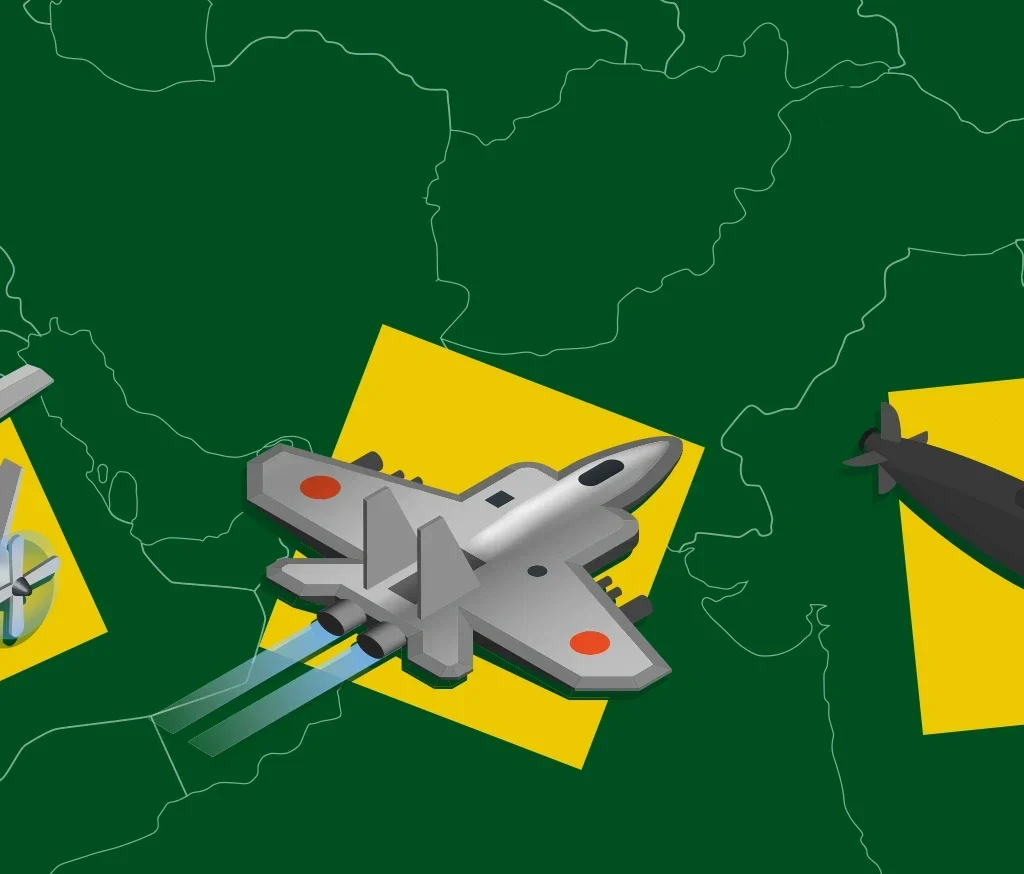
Pakistan’s defence modernization reflects a shift from dependence on foreign suppliers to indigenous innovation, marked by platforms like the JF-17 Thunder, Al-Khalid tank, and indigenous UAVs. While partnerships with China and Turkey remain vital, the future hinges on balancing sovereignty, economic constraints, and strategic sustainability. The challenge is not only to build power but to wield it wisely.
Institutionalizing Collective Defense: Pakistan, Saudi Arabia, and the Region’s Future
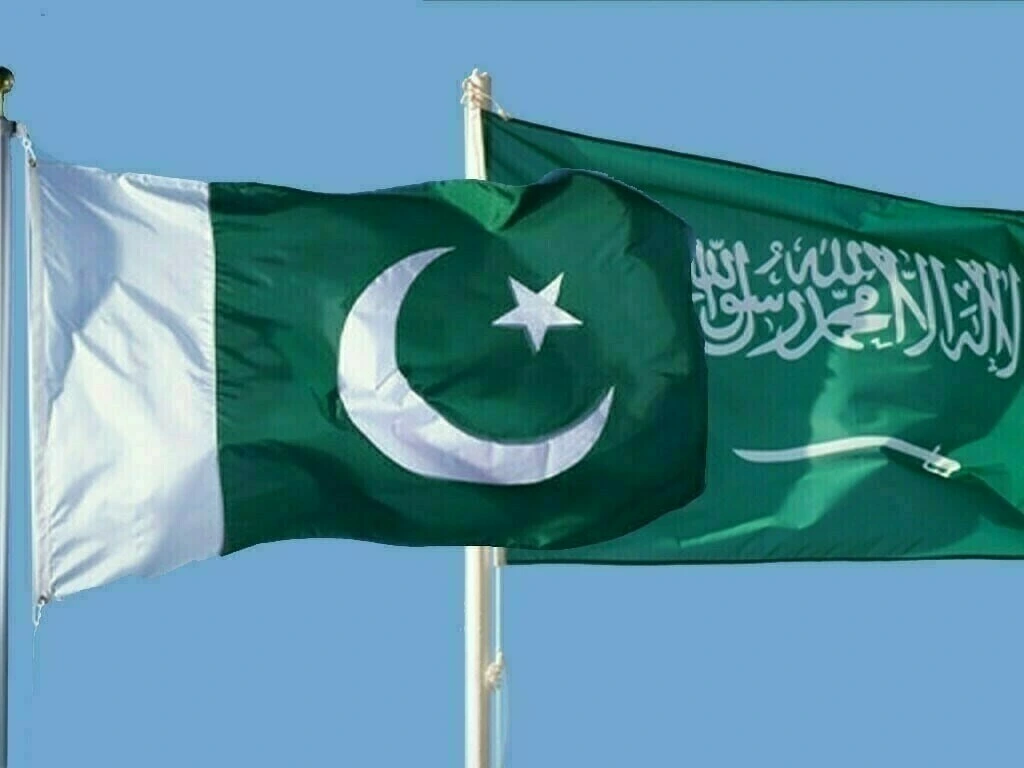
The Pakistan-Saudi Strategic Mutual Defense Agreement marks a historic shift from informal cooperation to a binding security alliance. Anchored in collective defense and deterrence, the pact reshapes Gulf security, challenges reliance on Western guarantees, and positions Islamabad as a formal net security provider in the region.
Framing the Enemy: Modi, Bollywood and the Battle of Narratives

Bollywood has become a powerful weapon in India’s information warfare, reshaping narratives on Pakistan, Kashmir, and Islam through propaganda-driven blockbusters. Under Modi’s BJP, cinema is being used to rewrite history, fuel nationalism, and normalize Islamophobia, raising serious concerns for regional peace and stability.
Cloud Burst and Calamities: Exploring Pakistan’s New Environmental Reality
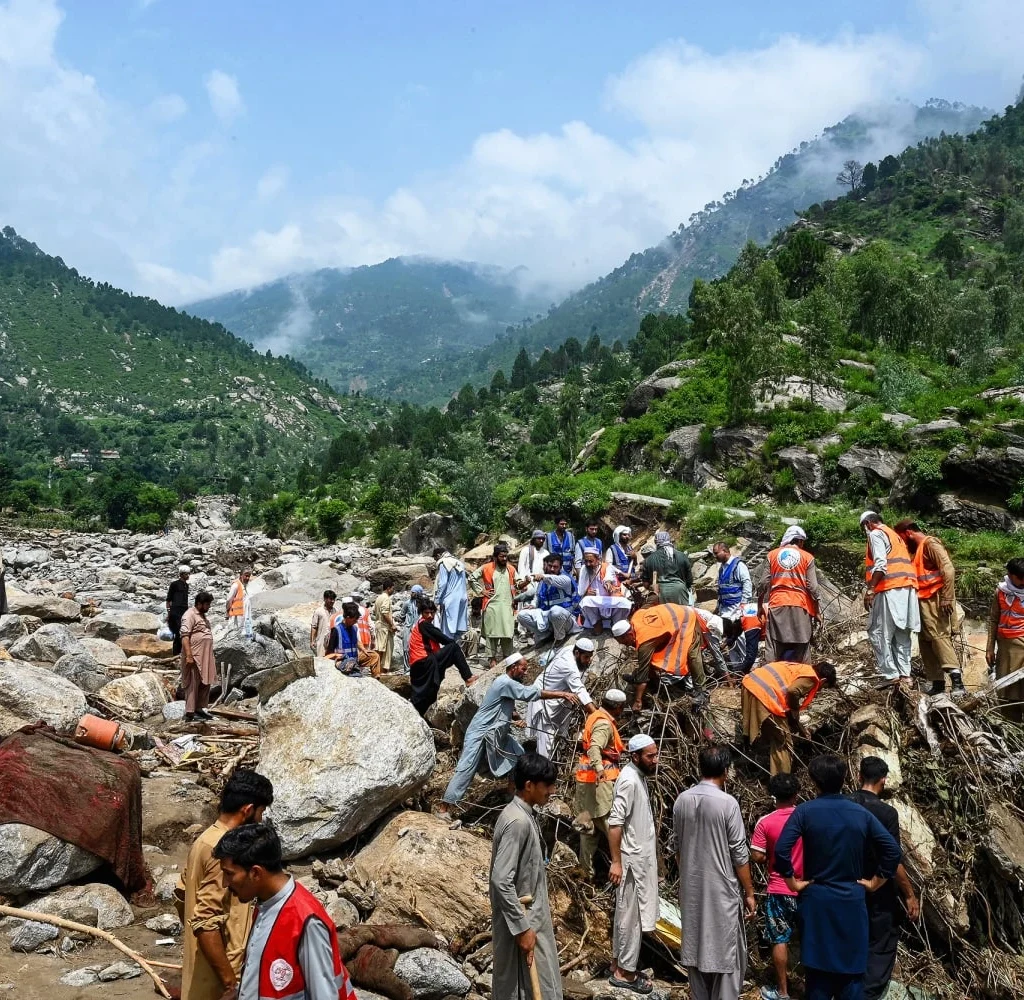
Pakistan is facing a new environmental reality where floods, glacier melts, and devastating cloudbursts are no longer rare but routine. Despite contributing less than 1% of global emissions, the country bears the brunt of climate change, with fragile infrastructure and limited resources leaving millions vulnerable to recurring disasters.
Multilateralism in Crisis: Pakistan’s Call for Collective Islamic Security
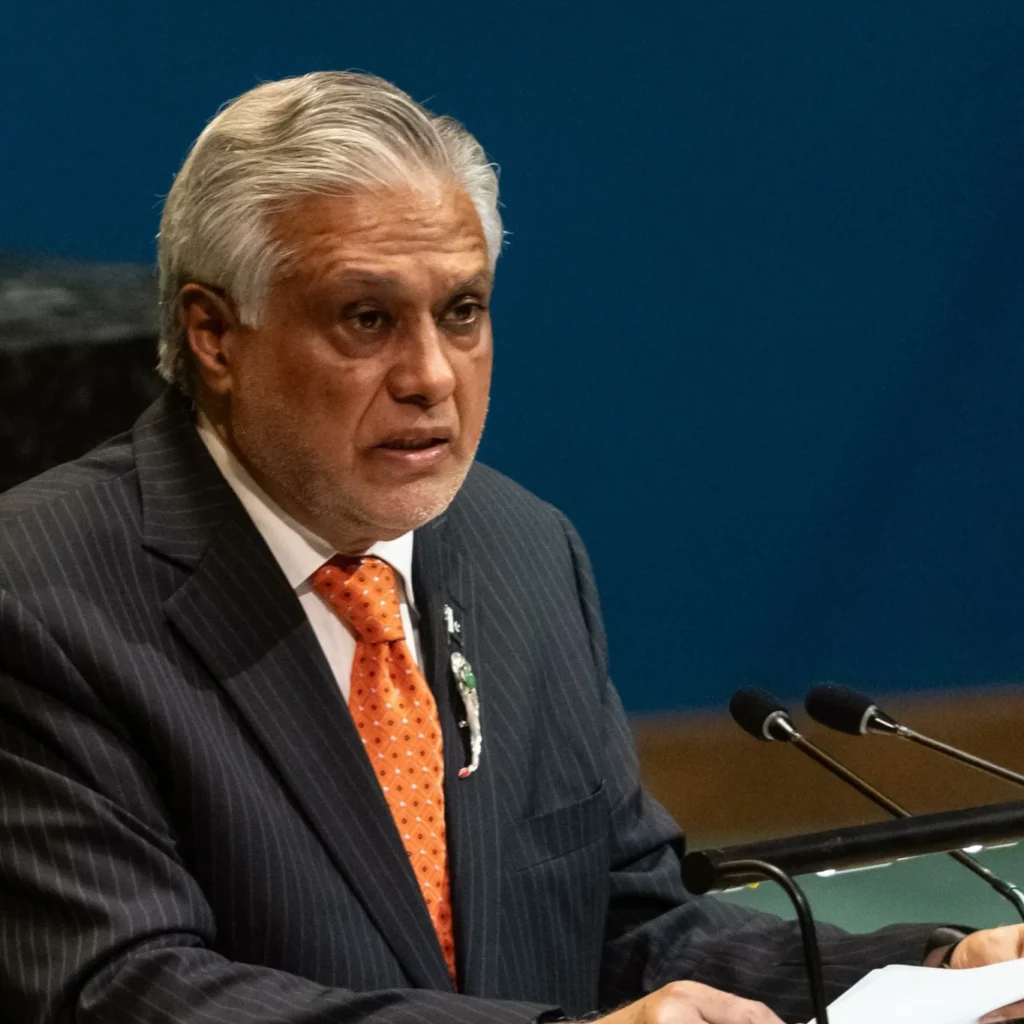
In an interview with Al Jazeera, Pakistan’s Deputy PM Ishaq Dar declared the UN system broken and urged the Muslim world to move from words to action. He called for an Islamic security roadmap, highlighted Pakistan’s nuclear deterrence, and issued red lines on India and Afghanistan.
The Unholy War: Religious Consensus Against Insurgency in Pakistan
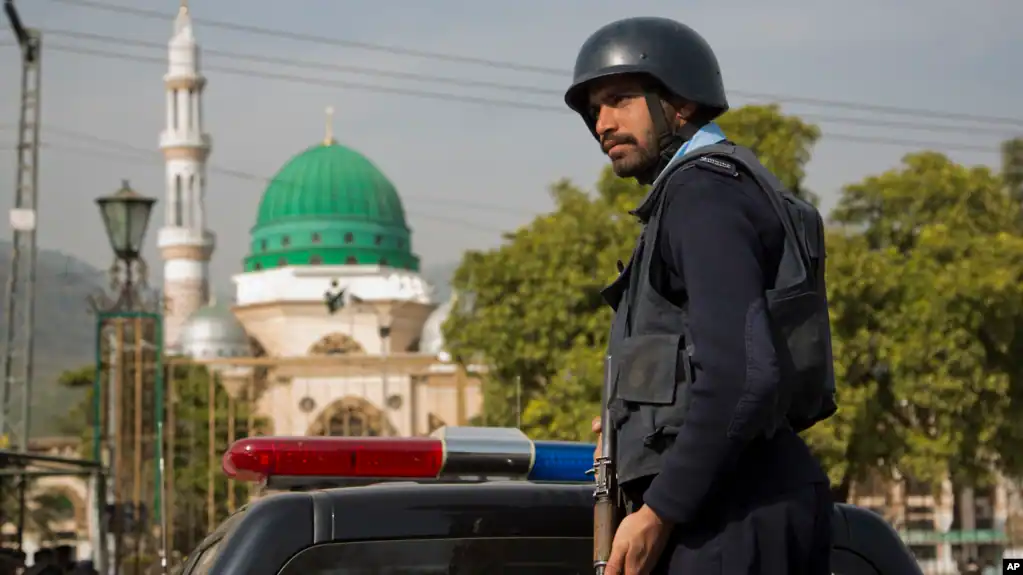
For two decades, Pakistan has endured TTP-led violence. Now, a rare consensus among Deobandi, Barelvi, and Ahl-e-Hadith scholars delegitimizes the insurgency and redefines jihad versus rebellion.
Zionism, Gaza, and the Crisis of Civilisation: Pakistan, Gaza, and the Architecture of Muslim Strategy
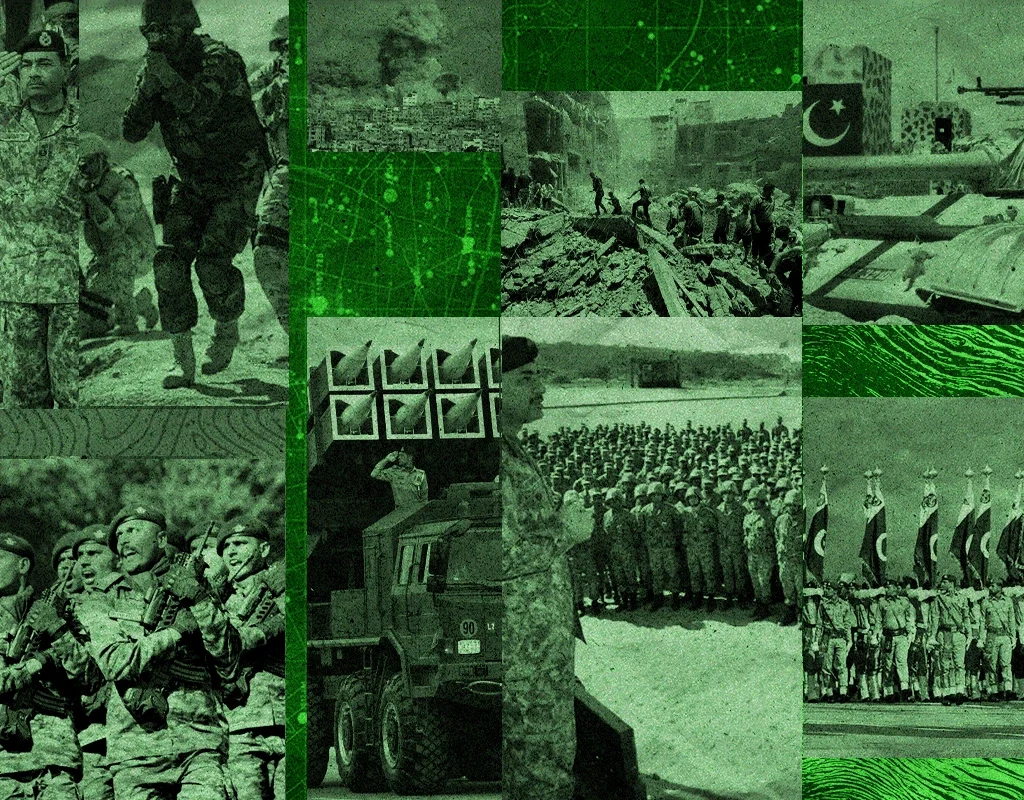
Pakistan has the military capacity to challenge Israel’s siege on Gaza, but not the strategic insulation of Iran. Its real role is not war posturing but disrupting the default — building structures, alliances, and deterrence frameworks that restore coherence to a fragmented Muslim world.
Pakistan and the TTP: Why Peace Talks Are a Strategic Mistake

Pakistan is once again at a critical juncture in its war against terrorism. A resurgent Tehrik-e-Taliban Pakistan (TTP) has intensified its attacks, posing a severe threat to national security and regional stability. In the face of this renewed militancy, there have been calls, both from within and outside the country, for another round of peace […]
